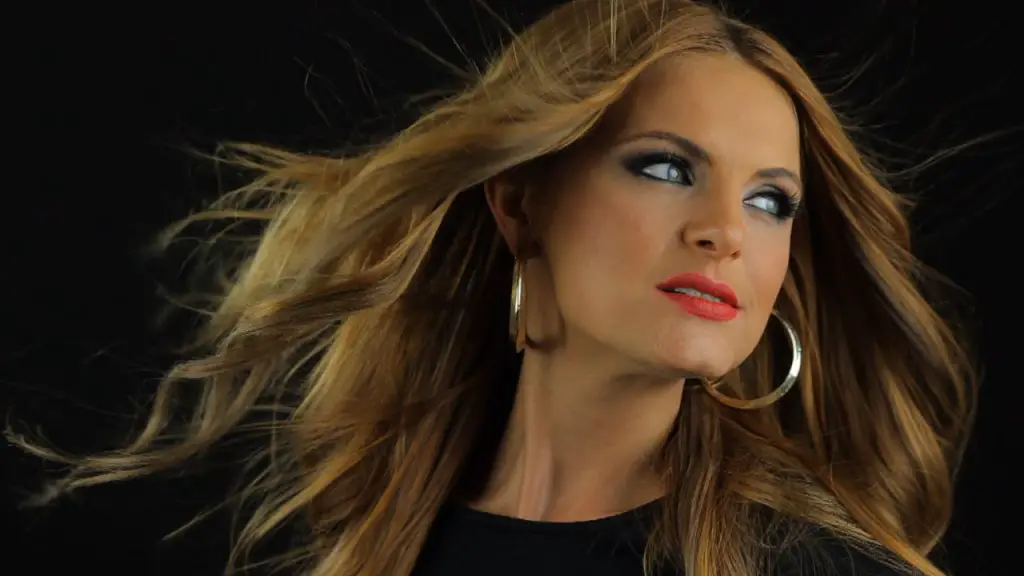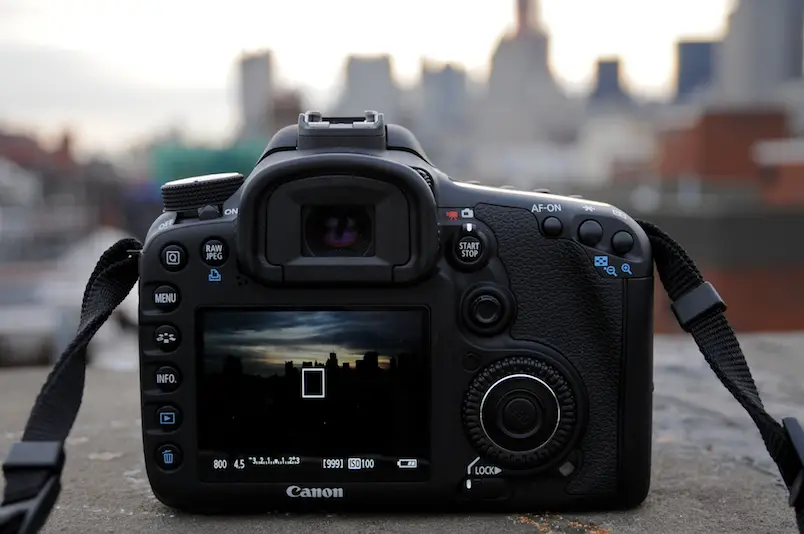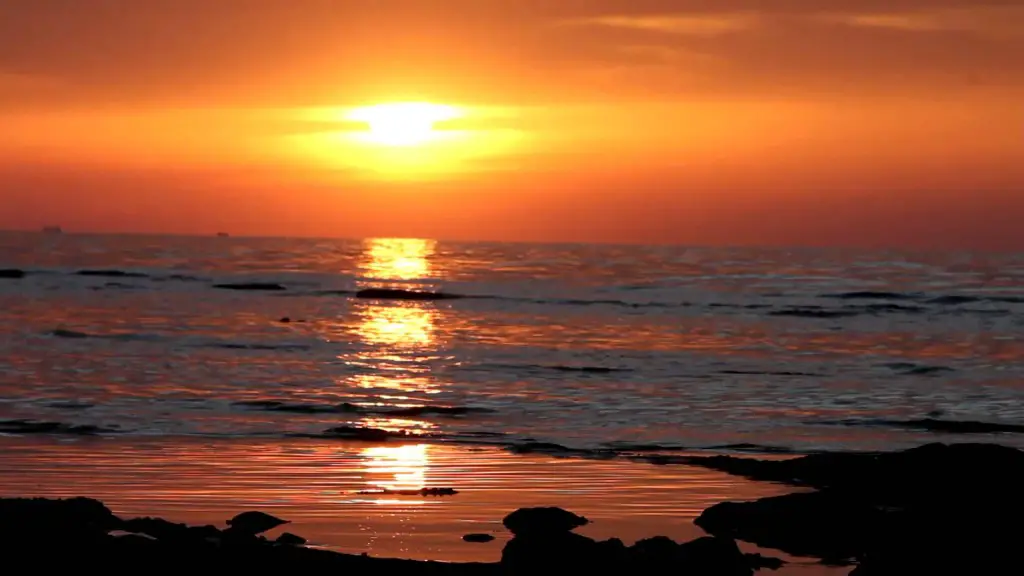Let’s face it. How many of you have access to high-end digital cameras such as the ARRI Alexa or the Red Dragon on a daily basis? And, I’m not talking about renting one for a couple of days (or a week at the most) and bringing it back to the rental house when the shooting is over and the project is wrapped up. I mean a camera that you shoot on most of the time, the one that you probably own and know like the palm of your hand.
The reality is that still there are many filmmakers, me included, that often tend to shoot with older DSLRs. Of course, this doesn’t mean that you can’t capture astounding images with such a camera. Sure, there are certain limitations, however they shouldn’t bother you or stop you from doing the one thing that you love at the most and being so passionate about. Here is a frame grab from one of my projects, I’ve been working recently on, a music video, that I’ve shot on my good old Canon 7D.

Frame grab / Credit: Vlady Radev
I was able to easily pick a GH4 or a Sony A7s, or even a C300 for the project, however I intentionally used the camera that I own. Why? Because I trust it, I know it well, it fits within the project’s budget, and I was able to use it being comfortable enough with it knowing its limitations at the same time. The shooting took place entirely in a studio environment where I had a full control over the lighting set up being one of the reasons why I didn’t feel necessity for renting more expensive camera with a higher dynamic range.
Many of you, however, may ask what will I do in situations where I don’t have that certain level of control over the lighting while still dealing with budget restraints. Well, the answer is simple. I’ll use what I have and I’ll try to find the workarounds that won’t highlight the weaknesses of the tool that I’m using. There are many thing one can do to achieve formidable results no matter whether shooting interior or exterior scenes even with a camera that has only 9 or 10 stops of dynamic range.

Photo credit: Gizmodo Australia
For instance, you can expose either for highlights or shadows and you still can achieve a great looking images. Actually, in many high contrast shooting scenarios this can be the best option you have, especially If you’re not carrying additional lighting gear with you that can compensate for your exposure. This technique can be a great choice regardless of the camera you are shooting on, but is especially relevant with low DR cameras.
If you don’t have access to the most expensive and versatile lighting kit in the world still you can use some other extremely useful and a lot cheaper accessories and tools for controlling the available light such as bounce boards, gels, diffusers or flags. These are commonly utilised even on the big budget production sets, so I don’t see a reason why you shouldn’t use them too. Actually, it’s highly recommended no matter of the camera that you are about to pick for your next project.

Shooting at magic hour (before sunset or right after sunrise) is another relevant option that definitely deserves consideration. The quality of the light at that time frame is unparalleled and it’s not possible to be replicated even by the most expensive lighting gear. This is the time of the day when any camera will shine and be able to deliver astounding images regardless of the limited colour bit depth, dynamic range or other technical flaws.
Following these and many other simple rules and tips only proves that shooting a high-quality imagery even with the most affordable cameras with a limited dynamic range is certainly possible. For more inspirational ideas head on over to Noam Kroll’s blog and take a look at his in-depth article on the topic.

